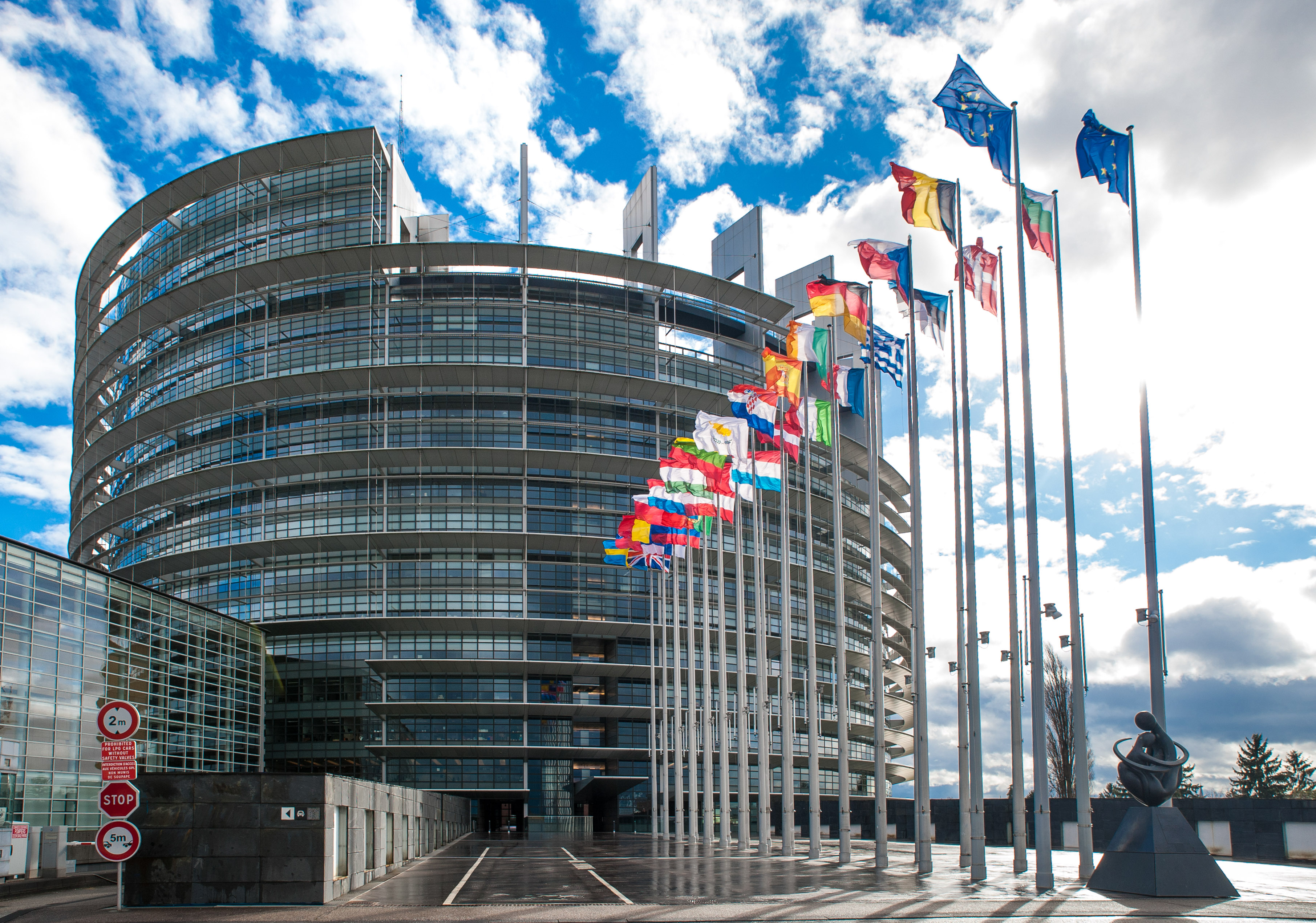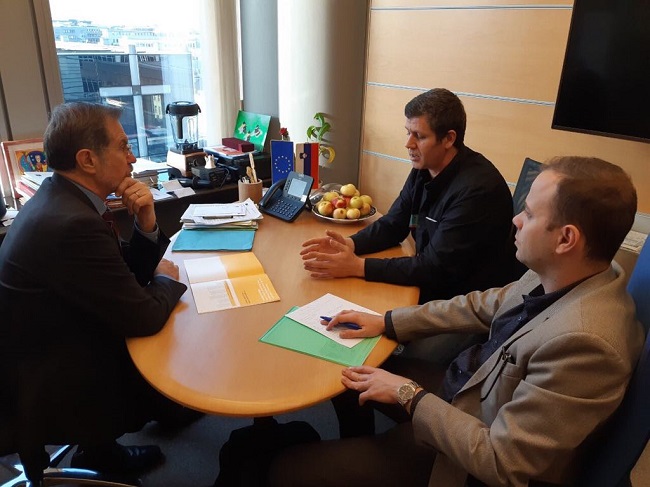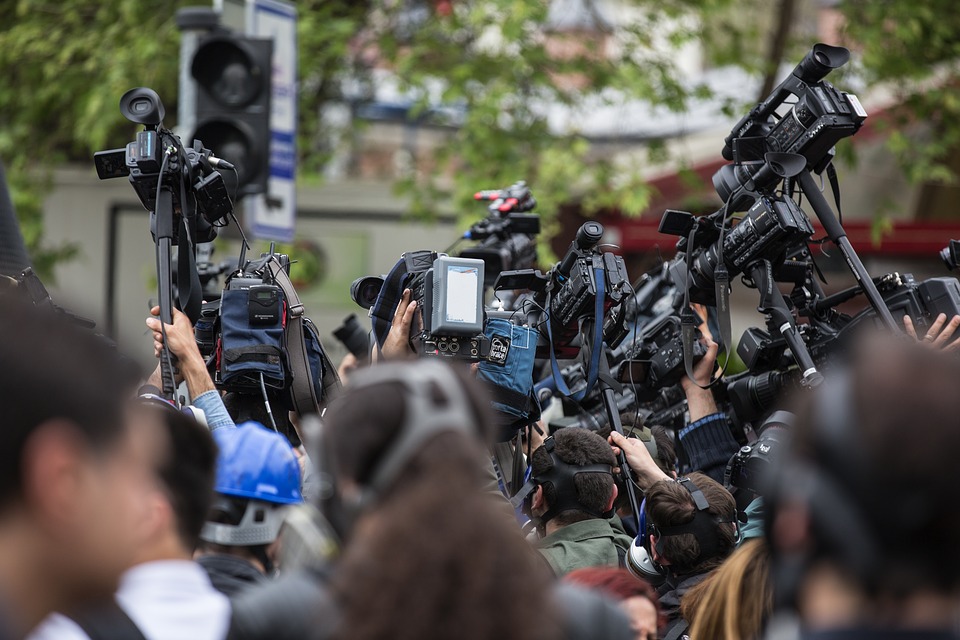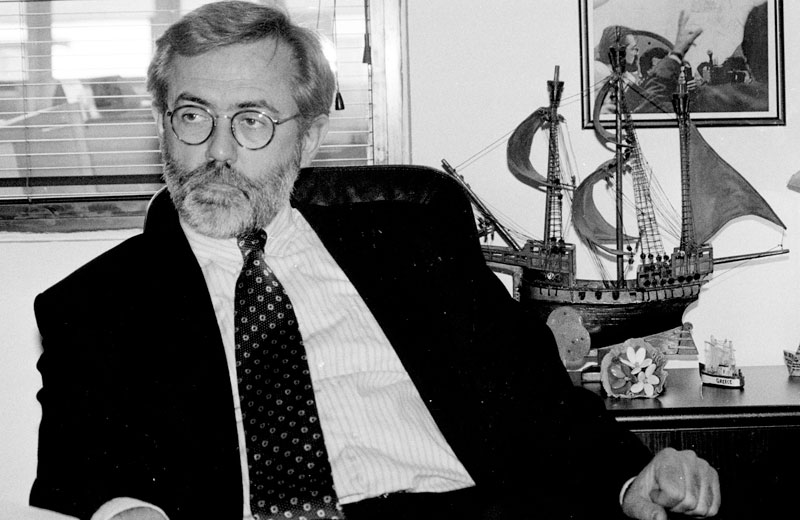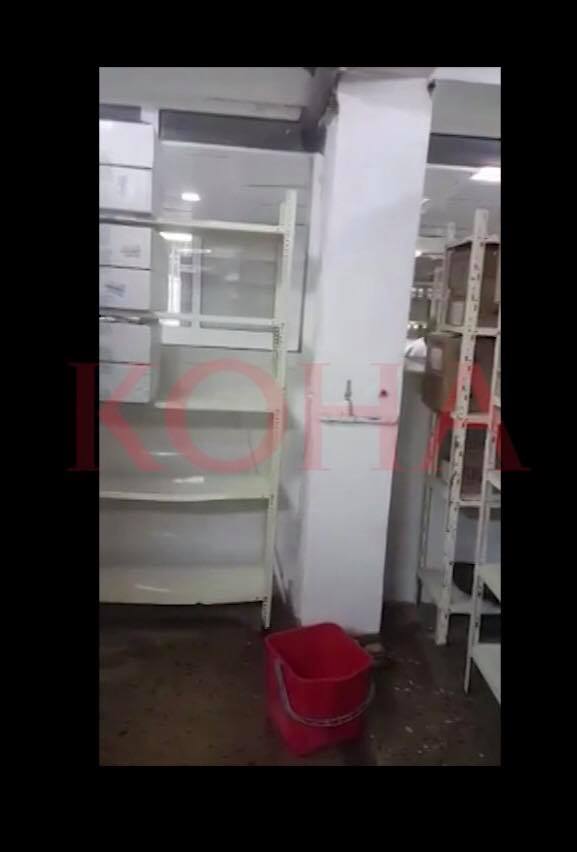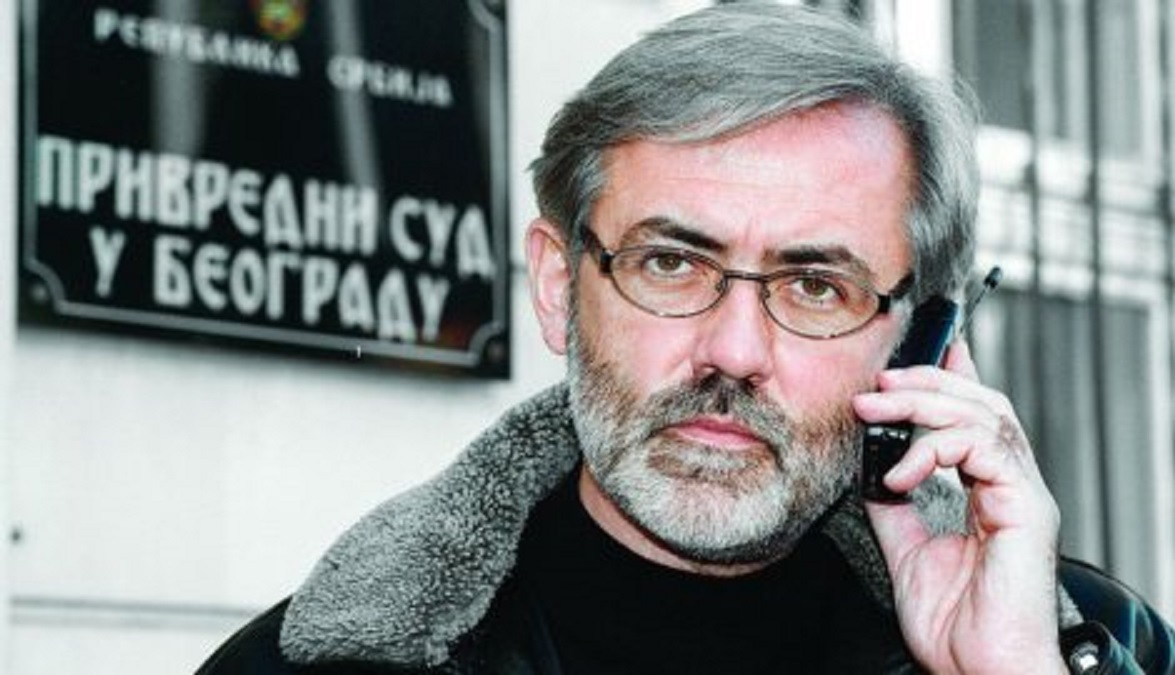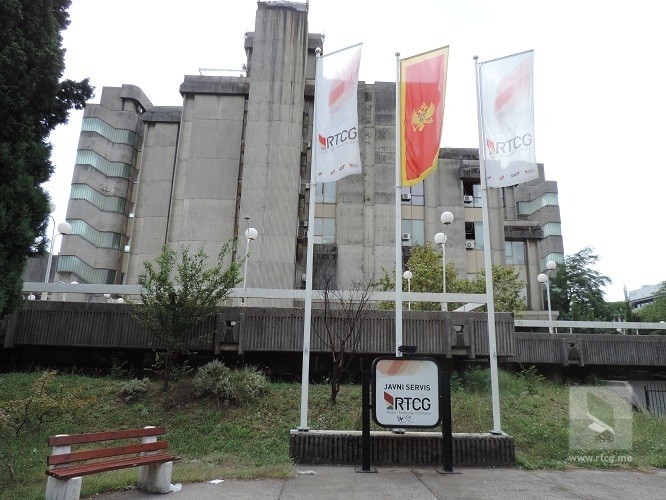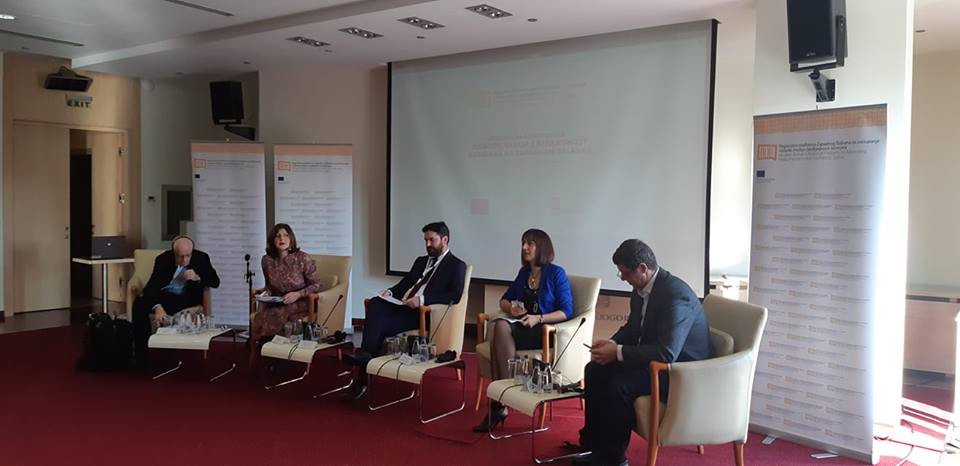BRUSSELS 29.11.2018. – Members of the European Parliament adopted a report on Montenegro for the past year, which states that Montenegro is making good progress in European integration, and that it remains the leading candidate for the next European Union member, and that it is a country with a disturbing media environment.
EP rapporteur for Montenegro Charles Tanok said that the biggest challenge for Montenegro is exactly in the area of media freedom and stated that the European Commission’s reports have not been showing progress in this area for 3 years. Also, the attack on journalist Vijesti daily Olivera Lakic is still uninhabited, Tanok recalled.
EP member of the Liberal Democrat group Jozo Rados from Croatia, in addition to attacking journalists, also underlined pressure on the Council of the Agency for Electronic Media. He also said that the working conditions of journalists in Montenegro are very bad, and journalists’ salaries are small.
“Local media are in a bad financial situation, and media ownership is non-transparent,” Rados concluded.
The adopted report states that the European Parliament is increasingly concerned about the state of media freedom and expression in Montenegro and condemns cases of intimidation, dirty campaigns and verbal and physical attacks on journalists. The EP is asking the Government of Montenegro to ensure that journalists are protected in their work.
The European Parliament is particularly concerned about the attack on journalist Olivera Lakic on May 8, 2018, and calls for a full investigation of the case. They also consider it unacceptable that there are no results in investigating older cases of assaults on journalists.
They also noted that the poor economic position of journalists reduces the level of professionalism in the media.
“The lack of financial independence of the media stimulates political pressures and their polarization,” the report said. The EP also calls for ensuring full transparency of state advertising in the media, and urges the government to consider alternatives to indirect financial assistance to the media in order to strengthen their independence.
The EP also regrets the financial and pressure on the editorial independence of the Public Broadcasting Service of Montenegro as well as the Agency for Electronic Media and underlines the need for RTCG and other media to be protected from political pressure. They also complain about changes to the RTCG Council and the dismissal of General Manager Andrijana Kadija and believes that premature shifts are only allowed in special circumstances.


